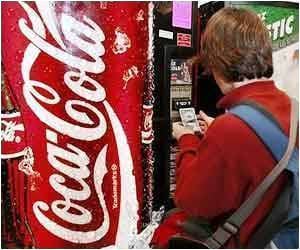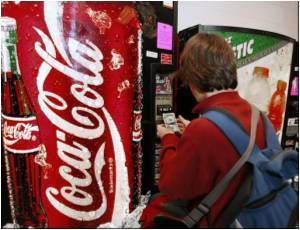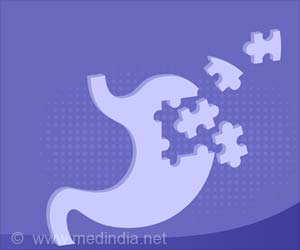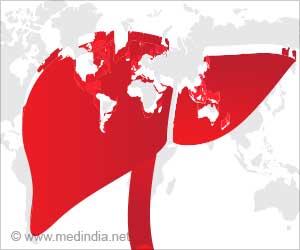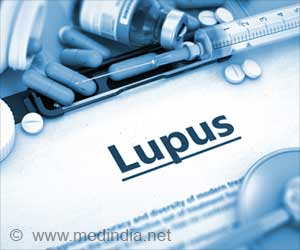On account of rapid increase in the numbers of children being affected by childhood obesity, it has become important to determine food and beverage consumption trends among children. Sugar sweetened beverages (SSBs), carbonated drinks and other processed foods play a major role in inducing long-term habits of beverage consumption, leading to childhood obesity in most cases. These drinks are loaded with sugar and have low satiety values, often proving to be addictive.
Many short-term studies put forth experimental evidence that indicates that a greater consumption of SSBs is linked to increase in body weight and obesity. Although extensive research is still required, the current studies are enough to discourage consumption of aerated and fizzy drinks to promote healthy lifestyle.The WHO (World Health Organization) estimates over a billion babies to be overweight, and the numbers are escalating day by day. Obesity is linked to many potentially fatal diseases like diabetes, cardiovascular ailments, breast and colon cancer, hypertension and depression and leading to a decrease in social and psychological quality of life.
The National health and Nutritional examination survey collected data from individuals aged between 1 and 5 to assess beverage consumption and the associated physiological changes. Around 30% of the children were found to be consuming soft drinks and some 35-40% went for fruit juices. Also, there was a significant increase in the number of children suffering from diet related health issues. Recent studies in children and adolescents reveal a huge association between the consumption of sodas and obesity.
Consumption of unsweetened, natural fruit juices is known to provide a good amount of phosphorous, calcium, magnesium and potassium, essential for growing kids. It is important that caretakers and parents discourage consumption of artificially sweetened drinks and encourage consumption of more nutritious drinks like low fat and fat-free milk, among children.
Reference:
http://www.cdc.gov/nchs/data/databriefs/db109.htm
http://www.myjournals.org/index.php?nr=232350
Source-Medindia

